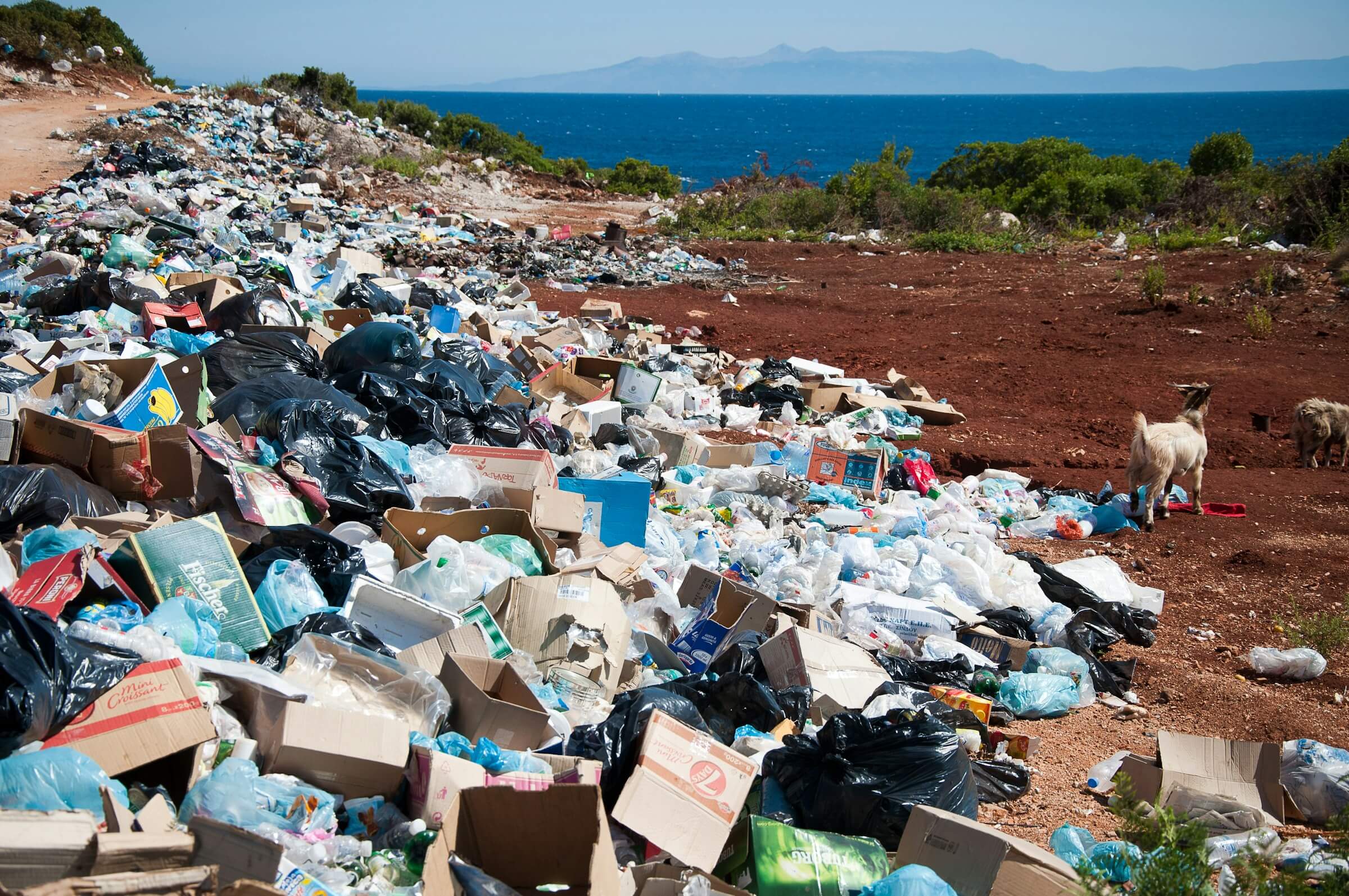“The future depends on what we do in the present.”
~ Mahatma Gandhi
As we stand at the precipice of a new era in environmental stewardship, the role of artificial intelligence (AI) in waste management becomes not just transformative but pivotal. Building upon the foundation laid in our previous discussions, we now delve into the tangible environmental and economic benefits that automated waste segregation promises, marking a leap towards a sustainable and prosperous future.
Redefining Resource Recovery: A Leap Towards Zero Waste
“The greatest threat to our planet is the belief that someone else will save it.”
~ Robert Swan
The advent of AI in waste management marks a pivotal shift in our approach to resource recovery. Gone are the days when waste was seen merely as refuse. Today, it’s a resource-rich with potential, waiting to be tapped. Automated AI systems are not just tools; they’re revolutionaries in the world of waste management, propelling us towards the ambitious yet increasingly attainable goal of zero waste.
Consider this: an astonishing 75% of waste is recyclable, yet much of it ends up in landfills. AI steps in as a game-changer, with the precision to discern and sort recyclables, enhancing efficiency and reducing contamination. This isn’t just an environmental victory; it’s an economic one too. The global waste recycling market, already valued in the billions, underscores the untapped potential lying dormant in what we often dismiss as trash.
But the journey towards zero waste is more than a technological triumph; it’s a cultural evolution. It’s about viewing every discarded item not as waste, but as a misplaced resource that can be reclaimed, repurposed, and re-entered into the cycle of use.
Economic Gains: Cost-Effective and Profitable Waste Management
Incorporating AI into waste segregation transforms it from a cost centre to a profit generator. Automated systems, faster and more precise than traditional methods, significantly cut operational costs. This shift is not just about saving money; it’s about reinventing waste management economics.
AI-driven segregation means less labour and time spent on sorting, leading to direct cost reductions. For example, automated sorting can slash labour costs by up to 60%. Beyond savings, the high-quality sorting of materials opens lucrative recycling markets, turning waste into a valuable commodity.
Environmental Impact: A Clearer, Cleaner World
Integrating AI into waste segregation marks a significant stride towards a clearer, cleaner world. These automated systems redefine waste management by efficiently sorting and diverting materials away from landfills. This shift has a far-reaching impact on our environment – it’s not just about reducing waste, but actively combating climate change and pollution.
The reduction of landfill use cuts down on greenhouse gas emissions, particularly methane, a by-product of decomposing waste. By diverting waste from landfills, AI-driven systems help mitigate one of the key contributors to global warming. Additionally, this segregation plays a crucial role in preventing groundwater pollution, a common consequence of waste seeping from landfills.
Moreover, the precise separation of recyclables preserves the purity of materials, boosting the efficiency of recycling programmes. This meticulous sorting means less contamination, higher quality recycled materials, and a reduced reliance on extracting new, virgin materials. The result is a dual benefit: a significant decrease in the environmental impact of waste and a conservation of natural resources.
Urban and Industrial Harmony: A Sustainable Coexistence
Automated waste segregation is carving a path toward sustainable coexistence in both urban and industrial spheres. In cities, these AI-powered systems are revolutionising waste management, making it more efficient and far less obtrusive. They aren’t just machines; they are the silent, tireless workers helping cities breathe easier and stay cleaner.
Urban areas, often struggling with the logistics and environmental impact of waste management, stand to gain immensely. Automated systems streamline waste sorting, reducing the need for extensive landfills and decreasing urban pollution.
Industries, particularly those generating specialised waste, find a powerful ally in AI-driven segregation. These systems not only enhance waste handling efficiency but also ensure compliance with stringent environmental regulations. In sectors like manufacturing or healthcare, where waste types can vary greatly and require careful handling, AI’s precision in sorting helps avoid contamination and improper disposal.
The Human Element: Job Creation and Workforce Transformation
The integration of AI in waste management dispels the myth that automation necessarily leads to job losses. In fact, it acts as a catalyst for job creation and workforce transformation, redefining the landscape of employment in this sector.
AI-driven waste management opens up a plethora of new career opportunities. Fields like technology development, system maintenance, and operational management are in higher demand than ever before. These roles require a new set of skills, offering workers the chance to upskill and adapt in an evolving technological environment.
Moreover, existing roles in waste management are undergoing a transformation. With AI taking on more mundane, repetitive tasks, human workers can focus on more complex, skilled activities that offer greater job satisfaction and personal development opportunities. This shift is not just about maintaining employment levels but enhancing the quality of work and worker satisfaction.
The Road Ahead: Sustainable Innovation and Continuous Improvement
The waste of today may not be the waste of tomorrow. As our consumption patterns change and new materials enter the waste stream, AI systems will need to continually learn and adapt to efficiently sort and manage these new types of waste.
Moreover, environmental regulations are becoming increasingly stringent as the global community becomes more aware of the impact of waste on our planet. AI in waste management is a tool that can help industries not just comply with these regulations but stay ahead of them, anticipating changes and adapting processes accordingly.
This commitment to leveraging AI for sustainable waste management transcends economic and environmental considerations; it’s a moral imperative. It’s about taking responsibility for the impact our societies have on the planet and actively working towards minimising this impact. It’s a commitment to future generations, ensuring we leave them a world that is not only habitable but thriving.
Conclusion: A Pledge for a Greener Tomorrow
In summary, the environmental and economic benefits of automated waste segregation are manifold and profound. As we embrace this technology, we pave the way for a future where economic prosperity and environmental sustainability are not mutually exclusive but are intertwined in the fabric of our society.
Automated waste segregation is more than a technological advancement; it’s a cornerstone in our collective journey towards a sustainable, prosperous, and harmonious future.







No comment yet, add your voice below!